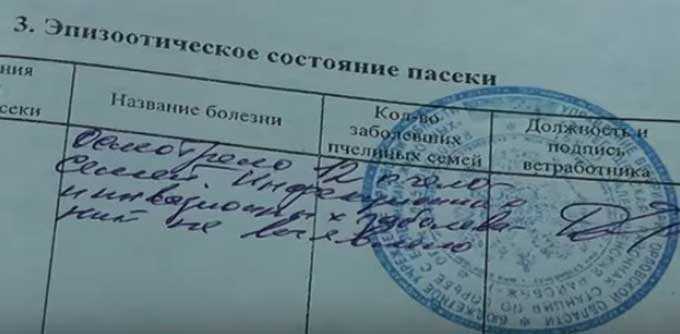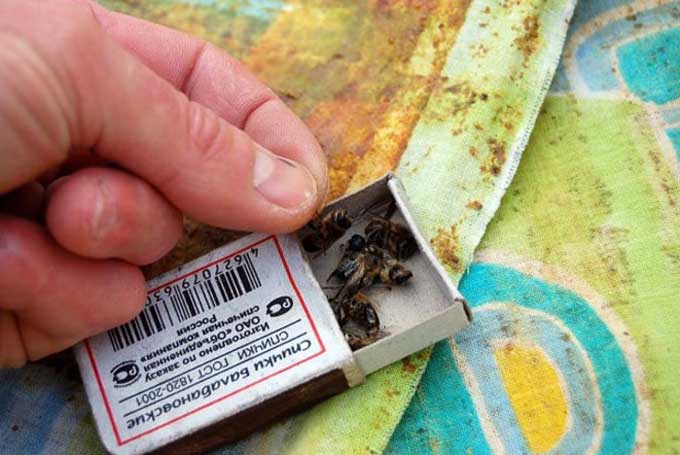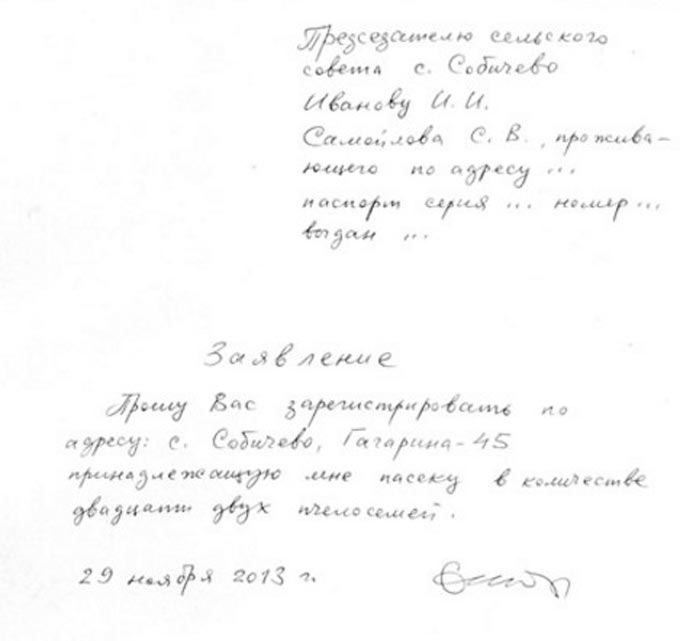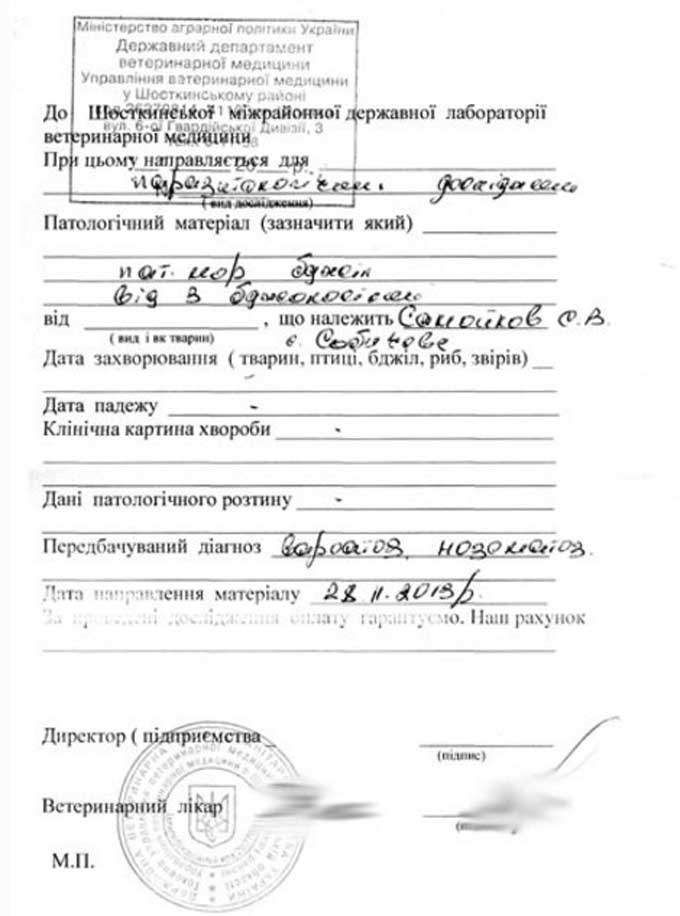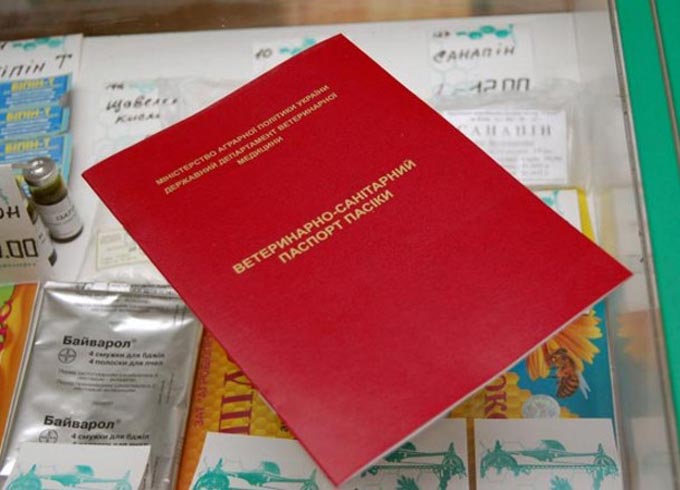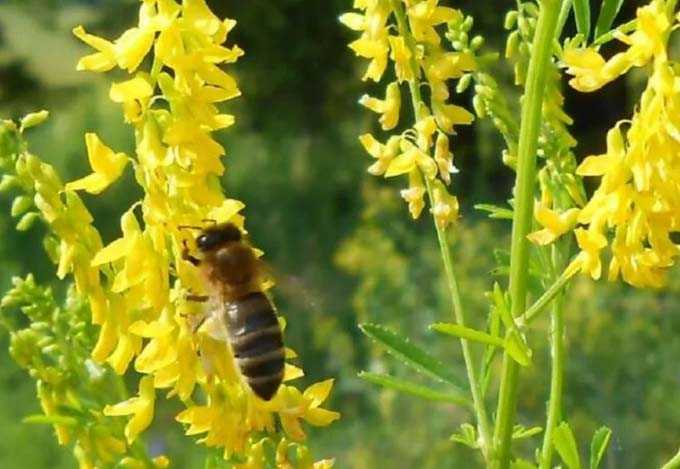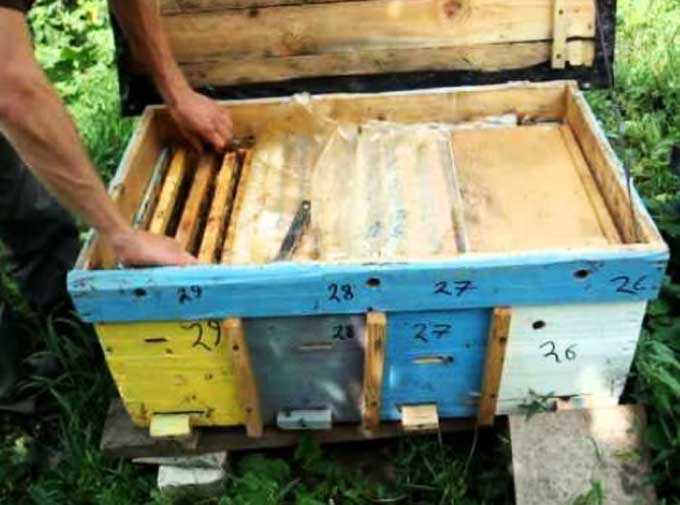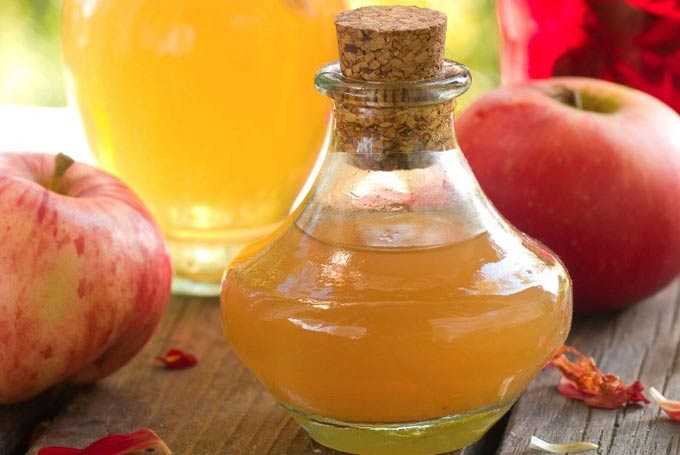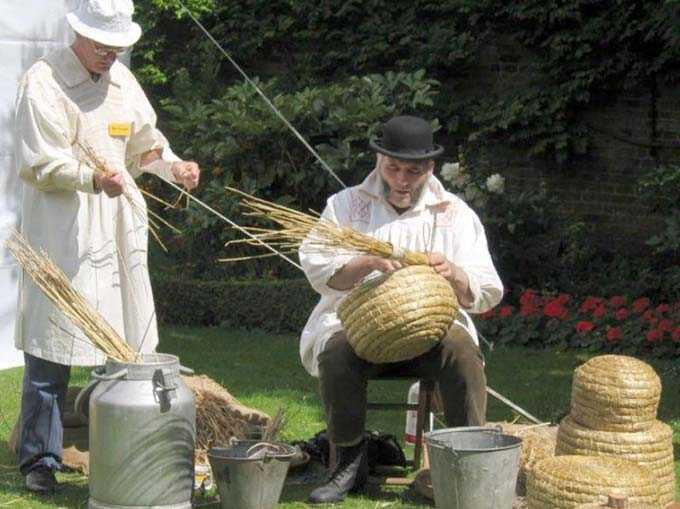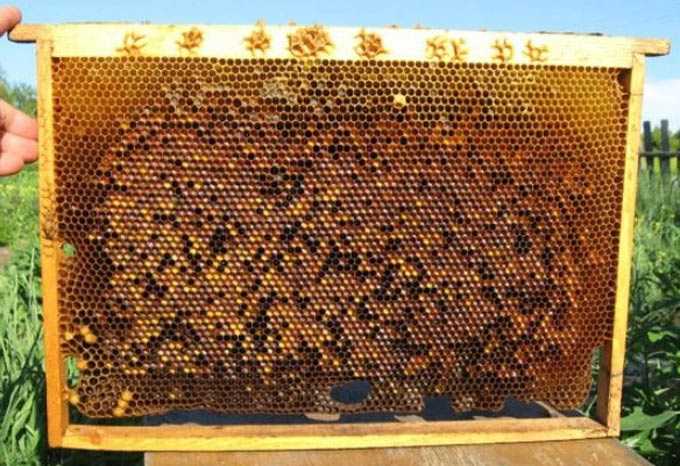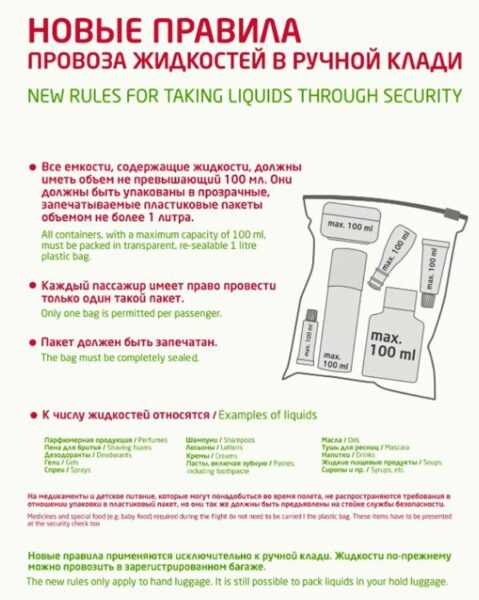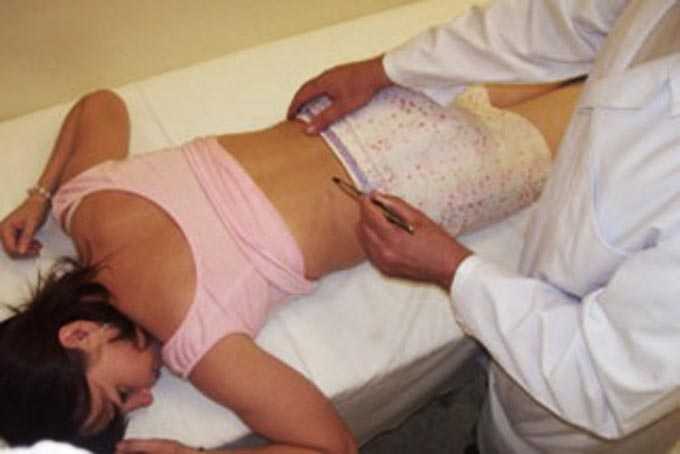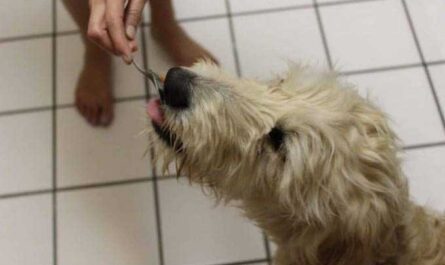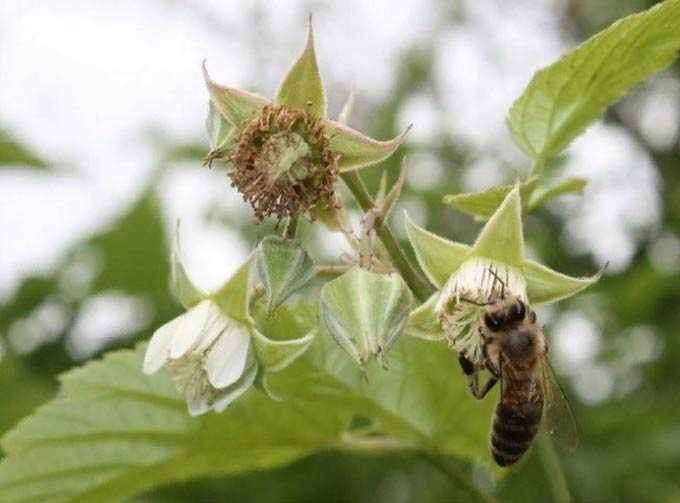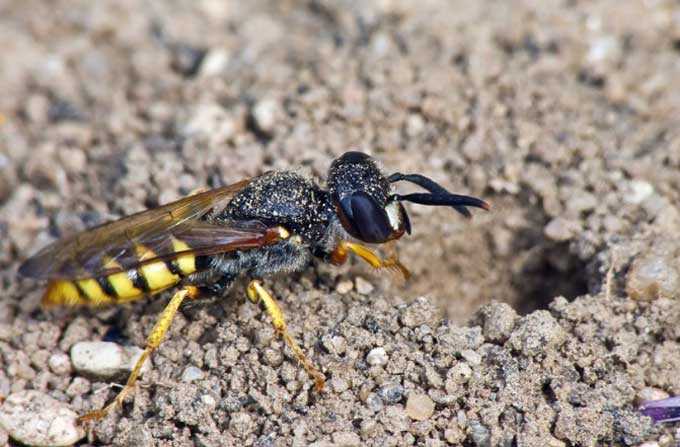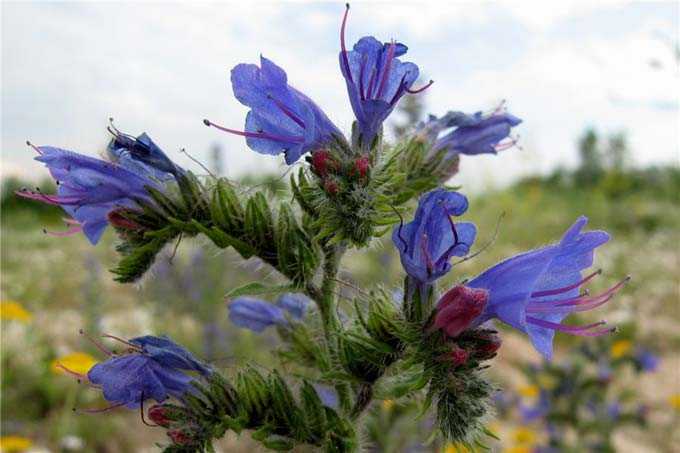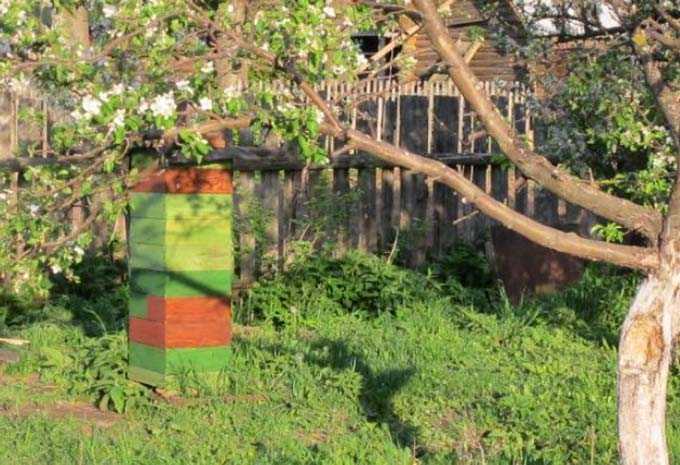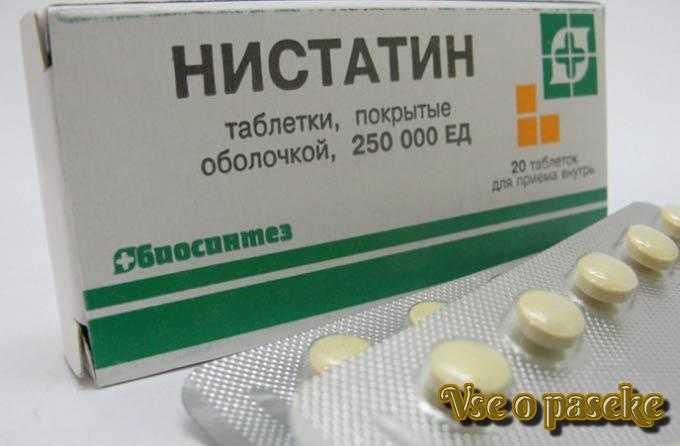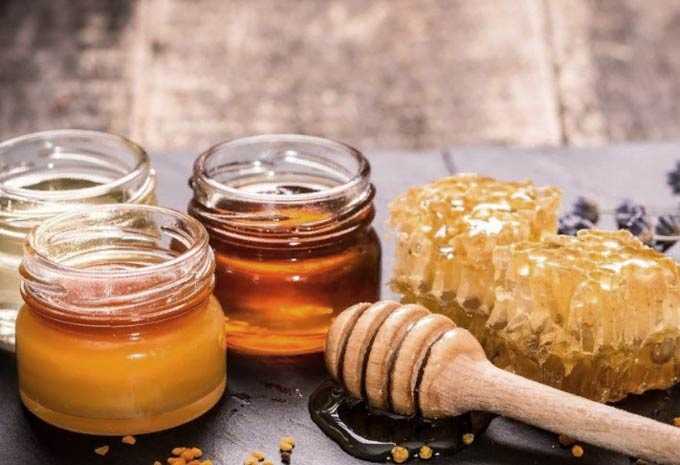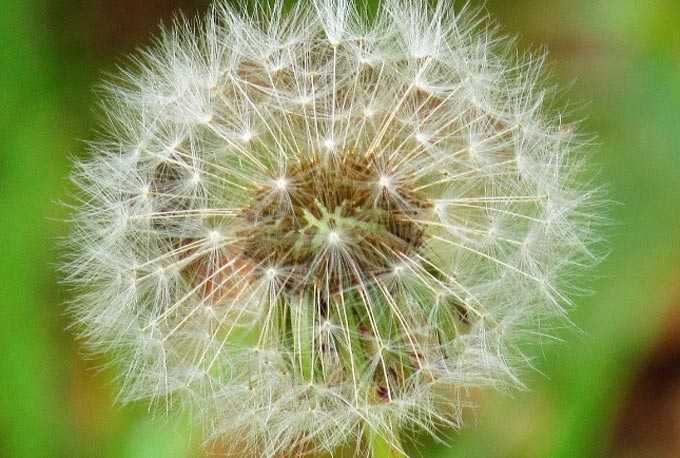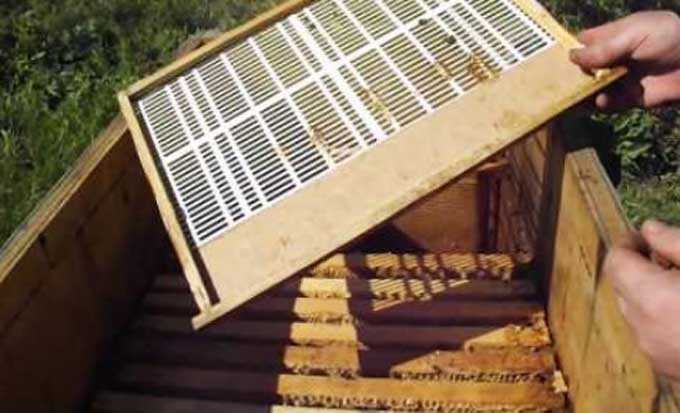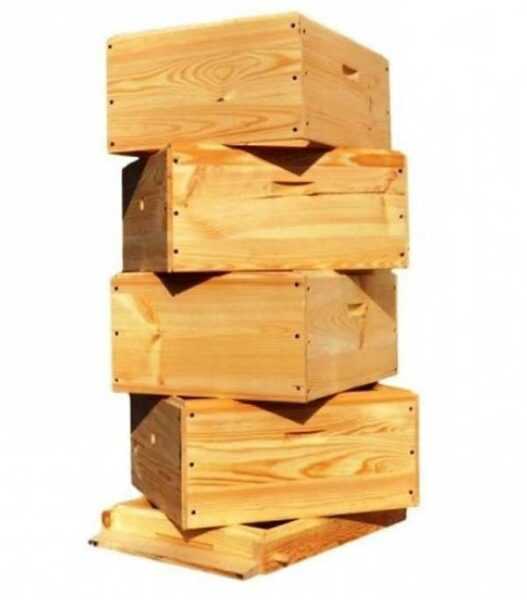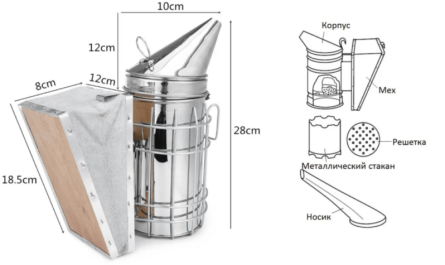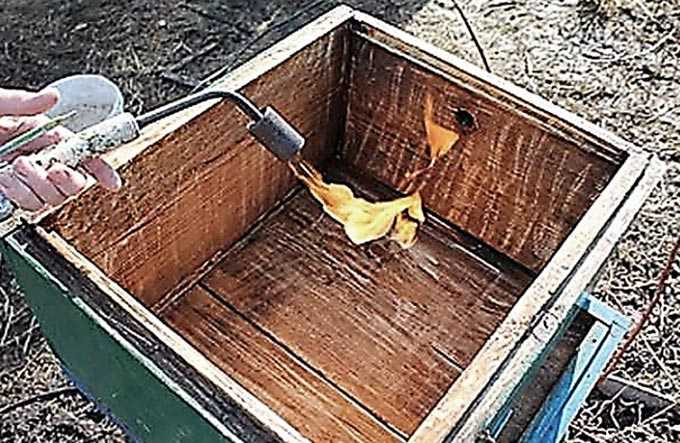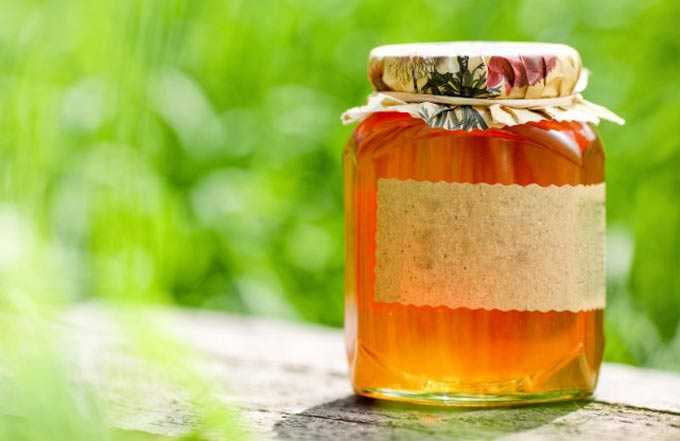Veterinary and sanitary passport – a document that allows you to keep bees and sell the resulting products legally. Any apiary, regardless of the form of ownership, is required – both individuals and legal entities must receive it.
That is, an apiary passport is a mandatory document that has a standard content and is necessary for presentation during inspections and trade in bee products.
The content of the article
- 1 Issued by and what information does it contain
- 2 What is this document for?
- 3 Receiving in Russia
- 4 How to get an apiary passport in Ukraine
Issued by and what information does it contain
The beekeeping farm is registered through the veterinary service, which then issues a passport.
The first page of the document states:
- his number, confirming the entry of the apiary into a special register;
- Full name of the owner of the apiary;
- the exact number of bee colonies;
- the address of the maintenance of these families;
- and the address of the beekeeper’s residence, which may not coincide with the location of the apiary itself;
- below is the signature and seal of the chief veterinarian of the region, without which the document is invalid.
The following is general information on a specific beekeeping farm. The basic veterinary information is entered after the inspection of the apiary by the representative of the service and determination of its health. Re-inspections are carried out periodically on a schedule.
Then the document describes the epizootic situation in the apiary and records laboratory tests. In particular, bee pod and drone brood are regularly submitted for analysis, which makes it possible to exclude dangerous diseases and infestations in bees.
What is this document for?
Obtaining a veterinary and sanitary passport for an apiary is, first of all, compliance with the law… It allows you to engage in the production of honey and other products legitimately in accordance with sanitary norms and established standards.
Also, the document makes it possible to freely sell the obtained honey in any market.
The beekeeper, before selling, must demonstrate a product test protocol in a veterinary laboratory, confirming its quality. But the laboratory assistant starts checking the samples only after presenting the veterinary-sanitary passport in his hands, which indicates the results of the study of the pathological material, that is, the sanitary condition of the apiary is recorded.
Important! In the fall, honey is not accepted for laboratory research if all the necessary tests were not submitted in the spring and their results were not entered in the passport. The purpose of the spring test for podmore is to exclude parasitic and infectious diseases. Honey for laboratory research in the fall is taken only from safe apiaries.
Based on the results of the examination, a protocol is formed, which indicates:
- share of water (no more than 21%);
- presence or absence of mechanical impurities;
- diastasis number – normally the indicator is not less than 7,0 (allows you to determine the maturity and naturalness of honey);
- acidity of the product (not more than 4,0).
A passport will be required, including when selling bee colonies, layering, and queens. And also when transporting the apiary to another place (to another district, region). Or seasonal migration.
The document allows you to defend your rights in court in the event of the death of bees as a result of the use of pesticides by nearby agricultural firms, which for some reason did not notify the beekeepers about the work carried out in the fields with chemicals.
The passport is kept by the owner of the beekeeping farm or by the senior beekeeper, if we are talking about a large apiary. It is presented on demand during sanitary inspections and the sale of bee products.
When filling out all sheets, it is allowed to use inserts certified by the signature and seal of the veterinarian. Or, replacing the document with a new one.
Receiving in Russia
You can get an apiary passport in the Russian Federation directly at the place of residence of its owner.
For this it is necessary to visit local authorities and write an application addressed to the chief veterinarian of the area requesting registration. The address indicates the address of the farm and the beekeeper’s place of residence, as well as the number of existing families.
According to the statement, the veterinary service carries out an inspection of the farm, the result of which will be the drawing up of a protocol and a mark in the log book. If any irregularities in the keeping of bees have been found, a written recommendation will be issued. Their implementation is carried out within the terms specified by the inspector. This is followed by a second check.
The passport is issued within a month from the moment of a successful check, which did not reveal any deviation from sanitary standards.
How to get an apiary passport in Ukraine
According to the order of the Ministry of Agrarian Policy of Ukraine dated September 20, 2000 under number 184/82, registration is carried out at the place of residence of an individual or the location of a legal entity engaged in beekeeping business.
Registration issues are handled by local state administrations, village, settlement and city councils (glad). Registration is carried out directly in the year of foundation of the apiary.
During the registration process, the farm is inspected by representatives of the city or district administration of state veterinary medicine. The data on the results of the inspection are entered into the city (district) management register. The fixed account number will be assigned to the issued passport.
The passport, as a document confirming the fact of registration, is handed over to the owner within 30 days.
When the location of the apiary or the name of the beekeeping farm changes, the administration of state veterinary medicine is notified by the owners within 10 days.
In practice, registration can also take place according to a different algorithm, which is practiced in small settlements.:
In the veterinary laboratory, an analysis of the podmor is submitted. A cover letter is preliminarily issued by the department.
Based on the results of the examination, a conclusion is issued, which is presented to the department of veterinary medicine.
The district inspector visits the apiary and draws up an act on its condition. After that, a veterinary and sanitary passport is issued within a month.
The standard document itself is made of tissue paper. According to reviews, it is inconvenient to store. Therefore, if you wish, you can purchase a sample in a semi-soft cover with a color cover at a veterinary store.
In this case, an application to the village or city council is written upon registration. According to the submitted application, the apiary is entered in the economic book at the address of the beekeeper’s residence.
Ideally, the application should precede the registration process. Deviation from the procedure occurs only in cases where local self-government bodies, for whatever reason, are not aware of the registration procedure. Which is more likely an exception to the rule than a common practice.
You can read about the placement of an apiary in accordance with veterinary and sanitary rules in our separate article: How to properly organize a home apiary from scratch
